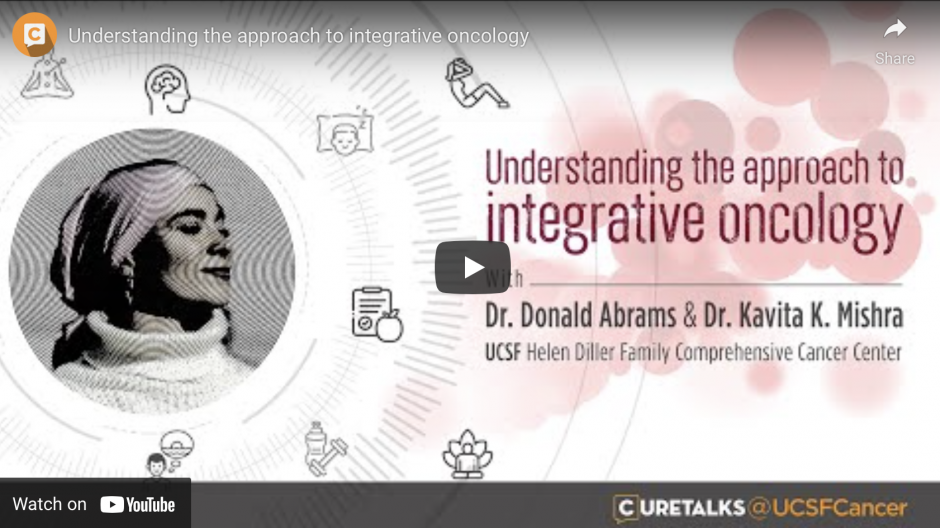Cancer
Day–night patterns in heart rate variability and complexity: differences with age and cardiopulmonary disease
Journal of Clinical Sleep Medicine
Drs. Gloria Yeh and Peter Wayne of Harvard University found that measures of diurnal dynamics may be useful indices of reduced adaptive capacity in patients with cardiopulmonary conditions.’
Quality of Life Among Colorectal Cancer Survivors Participating in a Pilot Randomized Controlled Trial of a Web-based Dietary Intervention with Text Messages
Support Cancer Care
Drs. Chloe Atreya and June Chan of University of California, San Francisco found that colorectal cancer survivors that received a web-based dietary intervention with text messages experienced higher emotional and social functioning.
Endorsement of a single-item measure of sleep disturbance during pregnancy and risk for postpartum depression: a retrospective cohort study
Archives of Women's Mental Health
Drs. Gloria Yeh and Peter Wayne of Harvard University found that measures of diurnal dynamics may be useful indices of reduced adaptive capacity in patients with cardiopulmonary conditions.’
Pain, cancer-related distress, and physical and functional well-being among men with advanced prostate cancer
Supportive Care in Cancer
Dr. Michael Antoni and Frank Penedo of University of Miami published a study tested associations of baseline pain, cancer-related distress, and physical and functional well-being among men with advanced prostate cancer.
Personalized Mind-Body Medicine in Integrative Oncology: Meeting the Moment with Each Patient
The Journal of Integrative and Complementary Medicine
By Kavita K. Mishra, David Victorson, Darshan H. Mehta, and David R. Vago
Personalized medicine in cancer is an emerging approach to patient care in which certain individual characteristics are used to guide therapeutic decisions.1 Ultimately, the goal is to execute the right intervention for the right patient at the right time. In this era of personalized medicine, how does one effectively tailor the mind–body medicine (MBM) prescription for individuals with varied needs and circumstances who are on their cancer journey?
Imagining Eco-Wellness: A scoping review of behavior change to promote both personal health and environmental sustainability
Annals of Family Medicine
Dr. Bruce Barrett of University of Wisconsin–Madison conducted a scoping review of published studies of behavioral interventions aimed at health and sustainability co-benefit that revealed the need for a field dedicated to Eco-Wellness.
Understanding the Approach of Integrative Oncology
CureTalks
Dr. Donald Abrams and Dr. Kavita Mishra of UCSF were featured in a CureTalks podcast episode to discuss integrative oncology practices.
“Living Well with Chronic Pain”: Integrative Pain Management via Shared Medical Appointments
Pain Medicine
Dr. Mladen Golubić of University of Cincinnati found that patients suffering from chronic pain that participated in a multidisciplinary, nonpharmacological treatment approach via shared medical appointments experienced reduced pain and improved measures of physical, mental, and social health without increased use of opioid pain medications.


